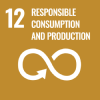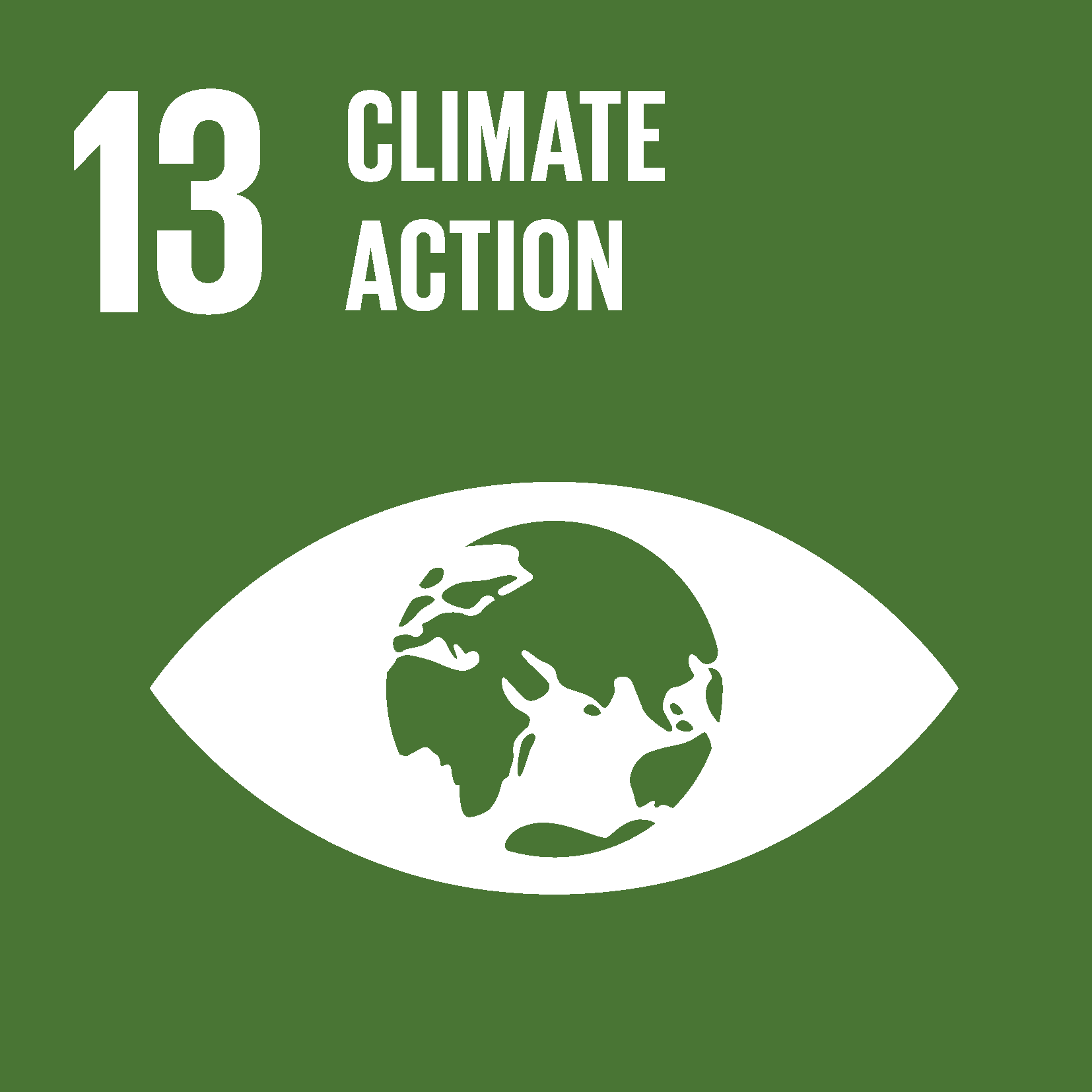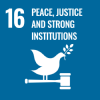Performance Highlights 2022
Documents sent

UN SDG 12 Target:
1,5 billion documents sent by 2030
Users globally

UN SDG 16 Target:
30 million users by 2030
Number of logins
430 million
Using mobile login
79 %
Financial Key Figures 2022
In 2022, the realized result for the e-Boks Group were DKK 11.7 million and the equity totaled DKK 146.6 million.
While documents price only has been adjusted for inflation, there has been an increase in the revenue from recurring contracts in the private sector. Revenue from the public sector, was significantly lower after they implemented their own solution for Digital Post in 2022.
The total cost was above expected due to some delay in the mainframe migration. Cutover on the mainframe migration was successfully concluded in October 2022.
The developments in the Nordics has meet expectation, however international activities has not developed as expected, because of reduced activities compared to expectation. Further, new markets has not been established in 2022.
The equity amount to DKK 146.6 million down from DKK 184,9 million in prior year after dividend paid out of DKK 50 million and the positive result for the year.
| Figures in KDKK | 2022* | 2021** | 2020 |
| Revenue | 209,947 | 242,434 | 266,668 |
| Gross profit | 109,613 | 110,803 | 144,369 |
| EBITDA | 38,062 | 42,548 | 50,932 |
| Profit for the year | 11,229 | 46,770 | 41,055 |
| Cash flows from operating activities | 53,551 | 189,989 | 91,342 |
| Total assets | 384,382 | 404,664 | 310,517 |
| Investment in techstack | 43,069 | 47,631 | 43,914 |
| Equity | 146,628 | 184,958 | 122,179 |
| Gross margin | 52,2% | 45.7% | 42.9% |
| EBITDA margin | 18,1% | 17.6% | 19.1% |
| EBIT margin | 7,1% | 13.6% | 17.1% |
| Net margin | 5,3% | 19.3% | 15.4% |
| Equity ratio | 38,1% | 45.7% | 39.4% |
EBITDA Margin
18,1%
Revenue of (mil)
210
Equity (mil)
147
*2022: Revenue from the public sector, was significantly lower after they implemented their own solution for Digital Post in 2022.
**2021: e-Boks has in the year restructered the company structure, and as such the 2021 numbers are not directly comparable with the previous years
The revenue in current markets was expected to decrease due to the implementation of the public sectors own solution for Digital Post, this impact occurred as expected in 2022.
The operating profit reached DKK 17.2 million for 2022 compared to an expectation of DKK 28-38 million.
The lower than expected operating profit relates, as mentioned, to lower than expected income from the international activities amongst others due to long sales cycles. Due to some delay in the mainframe migration, the production costs exceeded the expected level.

Ulrik Falkner Thagesen, CEO
A letter from our CEO
2022 was an unusual year for e-Boks. After operating the infrastructure behind the public digital postbox solution in Denmark for more than 2 decades, a change took place in March 2022, where a new infrastructure behind the public sectors digital postbox was rolled out. From e-Boks' side, we have taken pride in ensuring a smooth transition, and we are proud that we have been able to contribute with great flexibility to keeping society running without significant downtime.
Today, e-Boks has our own strong solution for digital post for all private customers but is also one of several possible display clients for public digital post in Denmark. For the citizens, this is a minor change, as 90% of the Danes still prefer to receive their public documents together with documents from private senders in e-Boks.
Over the past year we have seen an increase in the number of users while the number of logins to our platform has remained at the high levels of previous years. We have renewed our cooperation agreements with several large customers in areas such as banking and payroll systems and we have signed important partnerships within the utility sector.
The new beginning has led to many strong and important dialogues with both customers and citizens, giving us new valuable insights to further improve and develop our solutions.
As stated in our annual report, revenue for 2022 in the Nordic market is in line with expectations, while revenue in international markets is lower than expected. The new setup for public digital post in Denmark is reflected in a decrease in our top line to DKK 210 million. Overall, we made a profit (EBIT) of DKK 17 million, compared to DKK 33 million in 2021.
Gearing up for new growth
We continue to invest heavily in e-Boks as a platform. Compared to previous years, we released significantly more new functionality last year and will continue to do so in 2023, especially in the area where we enable several actions on documents e.g., consent, sign, pay, chat, book, respond and this is increasingly attractive to more of our customers. At the same time, more and more external partners are showing interest in building functionality that works with e-Boks. Our latest KYC product, launched with New Banking Identity, is a good example of the open ecosystem we are moving towards.
In 2022, we opened the option for companies to send post to citizens without using a social security number. This option has been well received by both customers and users, and within a very short time 4 million citizens gave permission to receive post in e-Boks based on name and address alone.
We are already seeing a lot of interest from sectors such as energy and utilities, membership organizations, debt collection, parking, housing, and the like, and we expect more new customers choose e-Boks primarily because of this option as we are the only company in the market that can offer this.
In parallel with the introduction of the new functions, we have completed our migration away from mainframe, which has consumed a lot of development resources in recent years. This was one of the largest mainframe migrations ever made in Denmark, and we are proud that it didn´t disturb our customers and users.
International turbulence has an impact
Our model for secure communications still has huge international potential. Many countries around the world want to create a secure digital infrastructure that enables direct communication with customers and citizens. Our ambitions for international are therefore still high, although we have also seen that first COVID and then the war in Ukraine had a significant impact on processes and investments in IT infrastructure.
We are now seeing a market that is partly driven by fears of recession and inflation, and partly by a new security agenda. Data storage is obviously a key focus for government customers, and the new world order with the war in Europe has created a new global agenda where many countries are having a new view on critical IT infrastructure. We have therefore developed our framework for collaboration, both legally and technically, to account for that. Today, we can therefore also deliver both cloud, hybrid cloud and on-premises solutions to meet different customer requirements.
Preparing for further growth
2023, like 2022, will be a transitional year in which we strengthen our foundation for future growth. We have made a good start; we have cleaned up tech-wise and it will be a very important year for e-Boks in terms of development. We have streamlined our business and are building stronger innovation capabilities and continue to invest heavily in new solutions, new technologies and new partnerships.
It is a central part of our strategy to get closer to our customers and their development needs. At the same time, we will strengthen the relationship with our users by, among other things, increasing participation in our Citizen Panel and involvement in our innovation.
We believe that we have only seen the beginning of the possibilities for integrating partner solutions into the e-Boks universe. Many more system vendors can benefit from e-Boks' strong systems and large userbase, and early successes in this area have shown a huge potential for more partnerships.
Internationally, we have also sown many seeds for new collaborations and there is significant interest in e-Boks´ secure postbox solution. The challenge now is to turn this interest into decisions and implementations. The fact that we can now easily reach out and implement globally, after COVID's release, is a great help.
In recent years, we have experienced a growing interest from our public and private stakeholders in e-Boks’ approach to sustainability. This is a development we welcome, as it confirms that all the work and effort, we put into being a sustainable business is valued by our stakeholders and is critical to our success as a business.
I would like to thank all our customers and partners for their cooperation over the past year and our employees for their dedication to e-Boks. I am proud of our strong team and our partnerships.
Ulrik Falkner Thagesen
CEO
Digital Trends
Innovative GovTech 2023
Governments worldwide are facing increasing demands for better and more secure digital communication with citizens.
As technology continues to grow and become more pervasive, citizens anticipate that their government will offer a similar degree of convenience, security, and accessibility in communication as they experience with other technologies in their daily lives.
In response, many governments are turning to GovTech (government technology) solutions to improve digital communication between government and citizens.
As a result, GovTech is now a rapidly growing field that is transforming the way that governments deliver public services and conduct their operations.
Across Europe, various GovTech initiatives are being implemented, with the aim of improving the efficiency and effectiveness of public services and enhancing the democratic processes of government.
To give you an insight, we have created a substantial guide that covers:
- an examination of the latest developments in the field of GovTech
- a discussion of ways in which technology is being used to improve governments
- topics such as the COP27 agenda, GovTech initiatives across Europe, the role of GDPR in protecting personal data, and the impact of GovTech on democracy
In addition, the guide provides practical advice on how to choose the right provider for your GovTech tools and how to ensure the initiatives are successful.

Digital Trends
Understanding KYC: The Importance, Process and Costs of KYC Compliance
KYC (Know Your Customer) is a process that allows businesses to verify the identity of their clients to prevent financial crimes, such as money laundering and terrorist financing. The process involves collecting personal information from clients and analysing it to determine the risk of engaging in illegal activities and help to ensure that businesses are not inadvertently facilitating illegal activities.
By collecting and verifying customer information upfront, businesses can streamline their onboarding processes and reduce the time and effort required for subsequent transactions. This can lead to a better customer experience and can help businesses to build trust and loyalty with their customers.
KYC regulations apply to a wide range of businesses that deal with financial transactions. This includes banks, insurance companies, investment firms, and money service businesses. However, it can also apply to other types of businesses, such as real estate companies and casinos, that are at risk of being used for money laundering.
KYC is a legal requirement in many countries, including Denmark, and failure to comply with KYC regulations can result in significant fines and reputational damage for businesses.
For further insight into how to manage a KYC process in the most effective way, read on here and find out:
- Who must obtain a KYC?
- What is a KYC process?
- What costs and legislative problems do companies run into in relation to obtaining KYC?
- What should a KYC solution contain?
Sustainable Business
Sustainable business is clever business
By helping our partners in developing their digital infrastructures we support the foundation of citizen’s inviolable human rights in a digital world: The right to privacy and confidentiality. The right to control own data. That is our contribution to SDG 16: Peace, justice and strong institutions. By providing access to paperless communication we help reduce the material footprint per capita and per GDP and reduce our own CO2 footprint. This is our commitment to SDG 12 and SDG 13.



Status on our sustainability goals for 2030
COP Report 2022Digital documents sent
Target: 1.5 billion documents sent by 2030
Progress: 546 million documents sent in 2022
e-Boks users
Target: 30 million users by 2030
Progress: 22.7 million users in 2022


